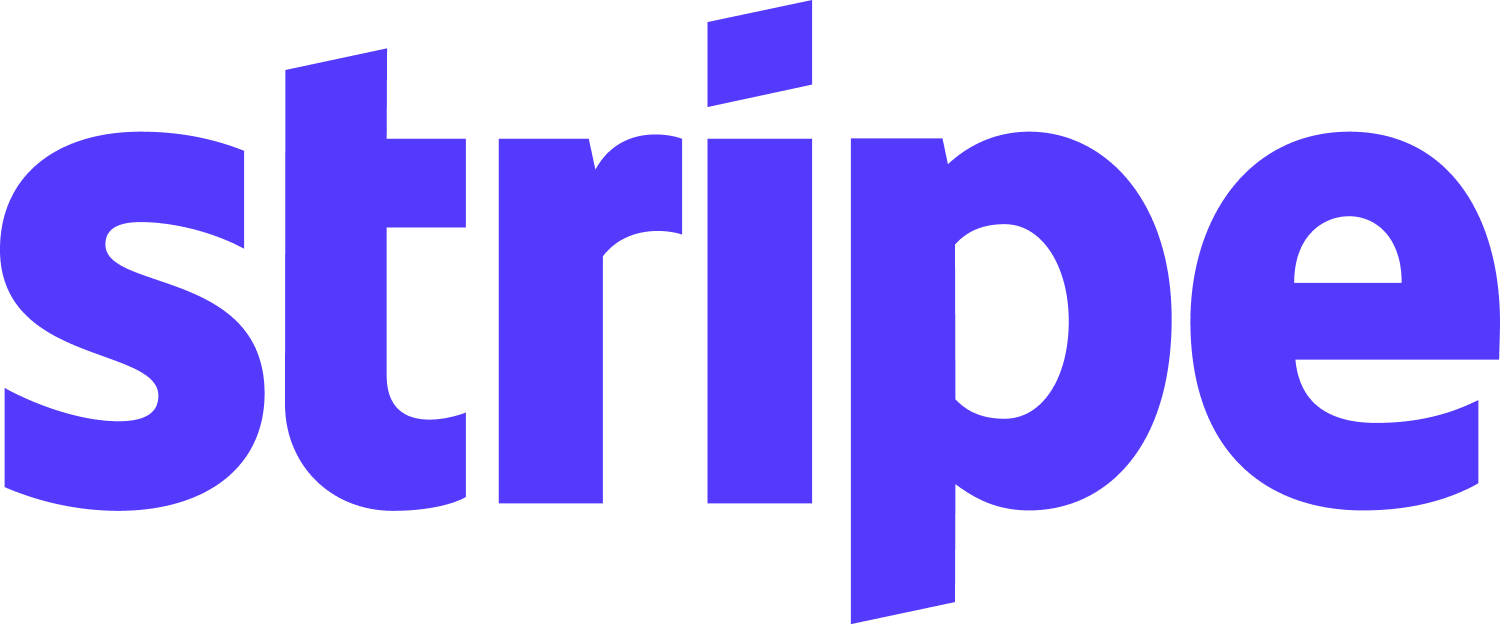IIA OnDemand Learning

IIA Academy is continually refreshing our suite of courses to cater to your evolving learning needs. Even if you are unable to attend in-person training, you have the option of learning in the comfort of your home, with the below online courses, which are structured to be shorter in duration for optimal takeaway.
IIA OnDemand Learning is online and self-paced, perfect for today’s internal audit professionals who want to stay up-to-date on their own time, anywhere, and at their own pace.
How to Register for OnDemand Courses:
- Click on the respective course link to access the OnDemand platform
- Select the "Sign In" button. Sign in using your IIA account member/customer number and password.
- Once signed in, you should be able to view and purchase any courses in the catalog.
On Demand Bundles
IIA OnDemand bundles provide a convenient way to earn CPE credits at the place and pace you prefer while increasing your knowledge in focused subject matter areas across all levels of learning. Here are some shortlisted courses which you may be interested in:
| S/N | Category | Description | Courses | CPE |
| 1 | ABCs of Internal Auditing | This package allows fresh graduates and new mid-career internal auditors to understand the basics of internal auditing (i.e. core ethics and technical knowledge). Key concepts such as types of internal controls, evidence and workpaper documentation and interview techniques will be introduced. |
|
6 |
| 2 | Auditing the Digital Space | This package is designed for internal auditors who may be keen to pivot towards IT & Cybersecurity Audits. It Auding the Digital will equip them with the necessary IT & Space Cybersecurity domain knowledge and give them the chance to explore how they can apply the internal audit principles in the digital space. |
|
8.2 |
| 3 | Be a Future-Ready Auditor | This suite of courses is targeted at current internal audit professionals who are keen to learn about the emerging trends in internal audit and the impact it will have on their daily work. Key themes such as Generative AI, Data Analytics and Geopolitical risks will be introduced. |
|
3.3 |
| 4 | Prepare to Lead | This suite of courses is targeted at internal audit managers/senior managers who are aspiring to take on leadership positions (i.e. CAE or Head of Risk Management). The content is geared at preparing them to face complex situations they may encounter at work. |
|
2.5 |
| 5 | Fraud Risk Management | This suite of courses is targeted at internal auditors who are keen to learn about fraud detection techniques. Participants will learn how to identify and evaluate fraud risks in an organization. They will also learn about the relevant fraud mitigation and prevention techniques. |
|
2.8 |
| 6 | Analytical & Soft Skills Development | This suite of analytical and soft skills courses is targeted at entry level internal auditors. Communication skills, analytical skills and critical thinking skills are key complementary attributes which internal auditors should possess. The aforementioned skillsets will help them to succeed in their roles. |
|
4.2 |
For enquiries, please contact IIA Academy at Email: iia-academy@iia.org.sg or Tel: 6324 9029 ext 2004 or 2005.
For technical assistance, please contact IIA OnDemand at Email: ondemand@theiia.org.



